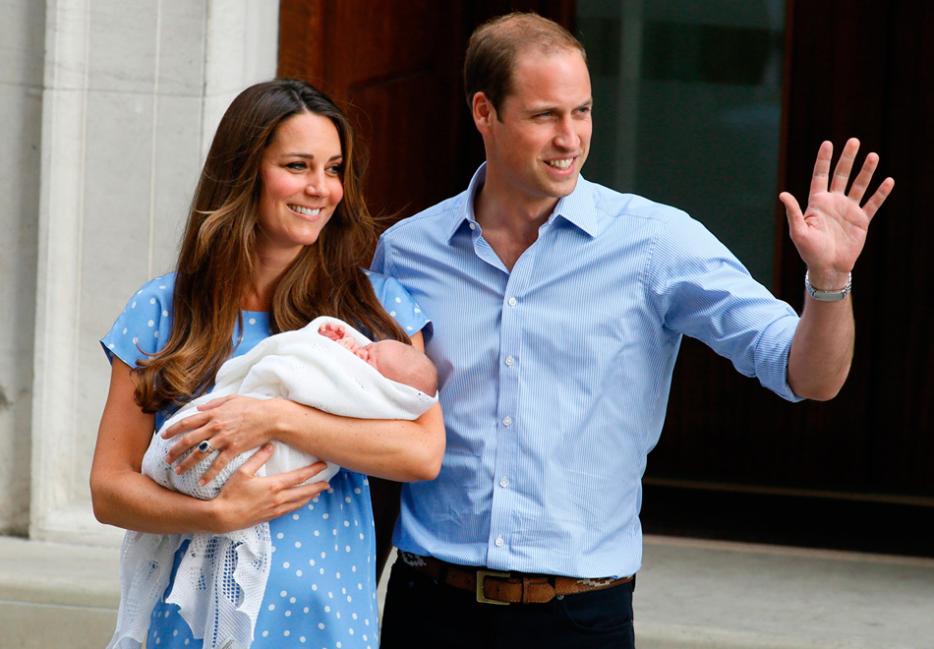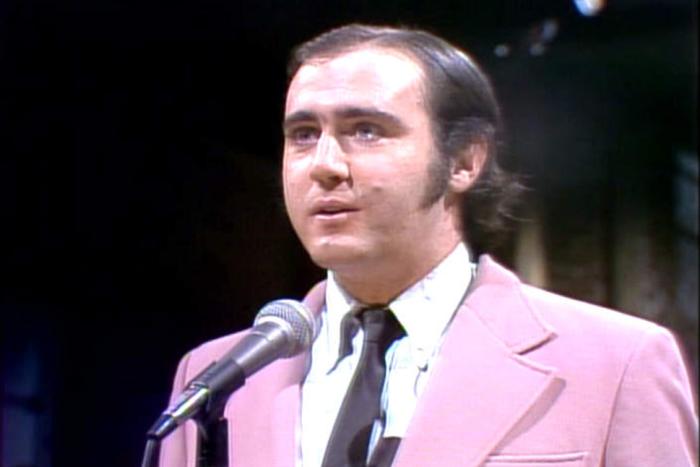When Ontario Premier Kathleen Wynne, the first openly lesbian head of government in Canada’s history, took office, there was a minor formality that had to be observed. Like every other premier and prime minister, she was invested with her office in the name of Queen Elizabeth II, who (on Canadian paperwork at least) is still officially styled “Defender of the Faith,” a title the English monarch was first granted by Pope Leo X shortly before the rupture between his church and the Roman one. (England’s parliament had to re-award the honour after Leo’s successor revoked it.) I like to imagine that whatever the Queen thinks about the expansion of rights for gays and lesbians since she was a girl, Ontario really ticked off ol’ Leo with that, somewhere in his celestial gated community.
It was a tiny, almost unnoticed reminder of the role the monarchy continues to play in the country, months before the latest heir to the throne was born. But while it was possible to totally miss the royal/religious inside joke then, the last 72 hours—if not seven days—have been a non-stop, in-your-face carnival for the monarchy, with beautiful parents showing their newborn off to cameras and cooing over our eventual head of state.
It is, alas, all for an institution that’s indefensible in the modern world. Which isn’t to say it’s evil (anymore), just that there would be no conceivable justification for creating the monarchy if we didn’t already have it. But we do have it, and it’s wrapped up in every aspect of our legal and political system, and until Canada doesn’t have a monarchy anymore, we should take it seriously.
So the Harper government’s unwillingness to take the rules of succession seriously and subsequent efforts to try to slip changes through really is important. To catch you up: the UK agreed to change the rules of royal succession to eliminate some archaic discrimination against women and Catholics. The rules are arguably a constitutional issue rather than a legal one in Canada, but Stephen Harper tried to harmonize Canada’s laws with a simple act of parliament, and now Quebec is joining a lawsuit challenging that decision. Plenty of lawyers and political scientists agree with their position: If we’re going to harmonize our rules with the UK, we need to amend the constitution, not pass a law.
Of course, the words “Quebec” and “constitutional amendment” send Ottawa officials into fits of terror, so it’s not really a mystery why Harper went the route he did. There’s no indication that anyone in Ottawa wants to try to open up the constitution, mostly for fear of what else the provinces might demand in exchange.
Technically, it would be easy enough for the government of Quebec to help defuse all this by combining its legal efforts with its own act to amend the constitution in line with the British changes; there’s no reason an amendment has to start in Ottawa. Saskatchewan’s premier Brad Wall briefly looked like he was going to introduce an amendment abolishing the Senate, but then backed away. We can be certain that Quebec has constitutional lawyers on the payroll who could, if asked, write a clean amendment and then invite the other provinces and Ottawa to pass the same.
But it might not be a “distinct society” amendment that Ottawa is worried about, and it might not even be Quebec. If we open up the constitution to change the rules for the Canadian Crown from “Windsor boys first, and if not boys then a Windsor girl” to “Windsor first born, first served,” then it’s going to strike some people as reasonable to ask why a Canadian never gets to be Head of State, even if the title-holder is basically meaningless here.
Ditching the monarchy wouldn’t be an easy or quick process, and Canadian small-R republicans should concede it’s likely to change almost nothing meaningful about the country for the better. Indeed, it’s not even clear that it would be worthwhile: constitutional monarchies stack up pretty well in international comparisons, and nobody seriously argues its abolition would improve governance in Canada (unlike the Senate). Whatever sins the Canadian government has committed, not a single one was actively abetted or encouraged by the Sovereign across the sea.
Thanks to the new prince’s Y chromosome, this is for now an issue that not even most policy wonks actually care about. With Quebec’s help, this lawsuit will eventually be settled by the Supreme Court in a decision that will clear up whether the rules of succession need a constitutional amendment or a simple law. Until then, we have to hope that the Windsor family tree isn’t suddenly and dramatically pruned in a way that forces the issue. It may sound morbid to talk about that with a child that’s just hours old, but it wasn’t commoners who invented the phrase “an heir and a spare.”






